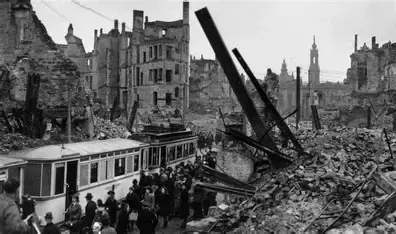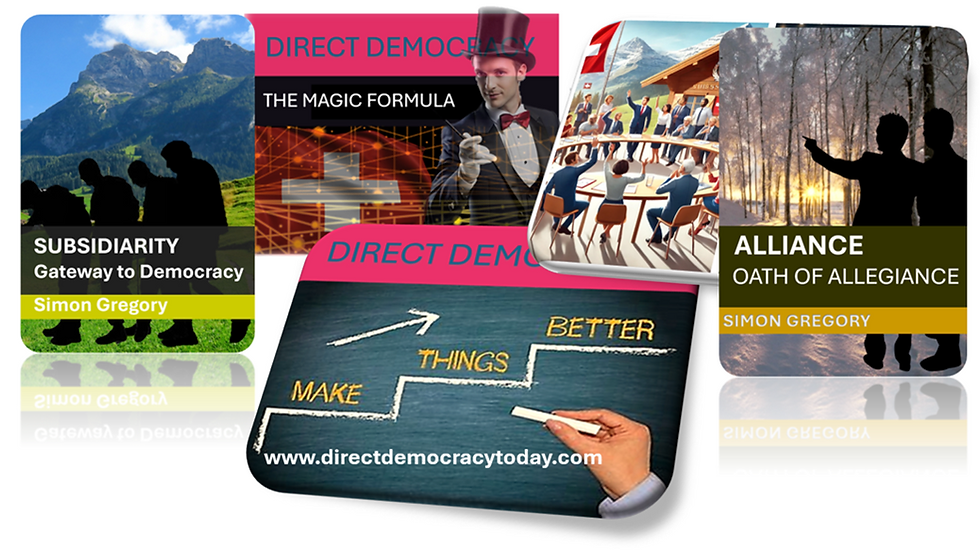War & Peace
- 5thavenueartist
- Jul 28, 2025
- 2 min read
Imagine a version of early 20th-century Europe where every country runs like Switzerland—not just the chocolate, watches, and mountains part, but the politics too.
In this version, power is spread out across regions, local governments matter deeply, and citizens have a direct say in big decisions through referendums and initiatives.
There’s no Versailles Treaty, no economic collapse, no Hitler or Mussolini waiting in the wings. Just stable, decentralized democracies with engaged populations calling the shots.
In a setup like that, a conflict like World War II probably wouldn’t have happened. It’s not just that dictators wouldn’t have risen to power—they couldn’t.
The system wouldn’t allow it. In Switzerland, even the federal government doesn’t get away with major decisions without the approval of the people.
Imagine trying to convince an entire country to go to war not through propaganda and control, but through open debate and public vote. It’s a much harder sell.
Wars of aggression require unified national will, fast mobilization, and a willingness to sacrifice lives for often abstract ideas like national glory or expansion. Those are hard things to push through a system built on scepticism, local control, and citizen involvement.
Now think about how power is divided. In a federal, canton-like structure, no single authority can just order a nationwide mobilization or build a war machine overnight.
Each region might have its own policies, militia systems, and priorities. There would be debate and disagreement.
The logistical complexity alone would make planning something like Blitzkrieg nearly impossible. And because people feel more loyal to their local communities than to some centralized national dream, the kind of ultra-nationalism that fuelled fascist ideologies wouldn’t have the same foothold.
Even the idea of a military-industrial complex would struggle to gain ground in such a system. Without concentrated power and with constant citizen oversight, building massive arms programs for offensive purposes would run into resistance.
People vote with their wallets, their values, and their memories of past conflicts. And while defensive wars—fighting back if attacked—would still be possible, the whole structure of governance would lean heavily toward caution, negotiation, and defence, not expansion.
So if Europe had looked more like Switzerland back then—calm, decentralized, and sceptical of centralized authority—it’s hard to imagine the conditions necessary for a war like WWII coming together.
No one person or party could whip up an entire country into a militarized frenzy. No single government could unilaterally invade a neighbour. And even if tensions rose, the checks built into direct democracy would probably slow everything down enough for cooler heads to prevail.
Is that a good reason to adopt direct democracy today? Honestly, yes—it’s a compelling one. If a system of government can make it structurally difficult to start massive wars, concentrate power dangerously, or silence dissent, that’s a strong argument in its favour.
It doesn’t guarantee peace, of course, but it creates conditions where reckless decisions are harder to make and where citizens are more empowered to stop them. It’s not a cure-all, but it’s a framework that takes the idea of public responsibility seriously.
In a world that often feels too fast, too centralized, and too easily manipulated, there’s something reassuring about the idea that the people—not just a party or a leader—hold the final say. Perhaps Direct Democracy is a good thing.




Comments